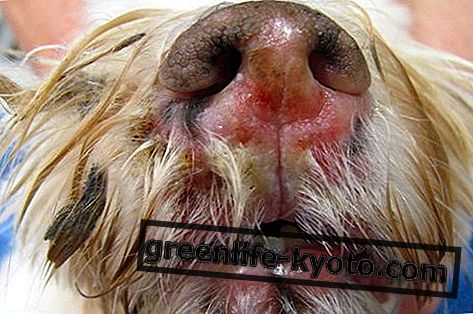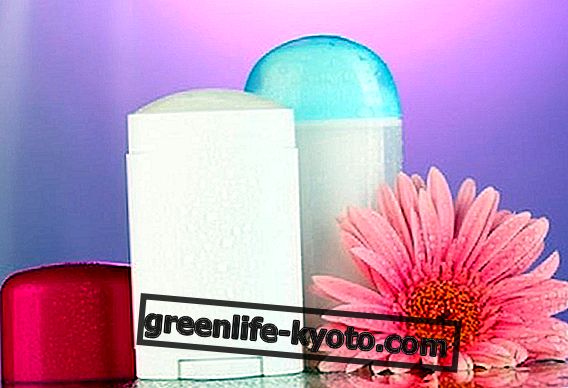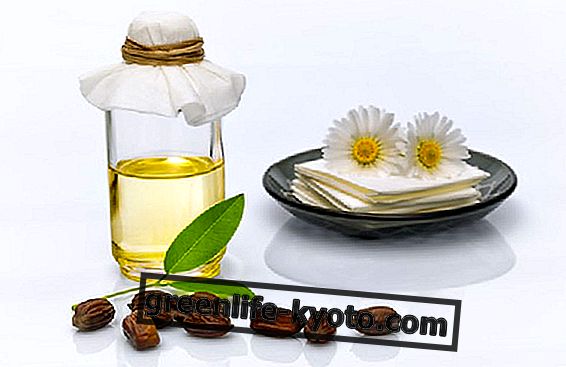
Essential oils, thanks to their antibacterial and antifungal properties, can help us prevent and treat candida, cystitis and urethritis. Let's see what are the most suitable essential oils for intimate hygiene and how to use them.
Tea Tree essential oil
The essential oil of Malaleuca or Tea tree is certainly the most suitable for feminine intimate hygiene : it is in fact an essential oil with marked antifingin, antibacterial and anti-inflammatory properties .
Tea tree essential oil is used to prevent and treat numerous disorders, inflammations and infections affecting the reproductive system, such as leucorrhoea, candida infections, cystitis and urethritis .
The smell of Tea Tree essential oil is not the most pleasant but it can be improved by adding a few drops of sage or lavender essential oil.

Laurel essential oil
Like the essential oil of tea tree, even the essential oil of laurel has marked antifungal properties useful for preventing and fighting infections caused by Candida albicans . It is used alone or in synergy with the essential oils of palmarosa and basil.

Chamomile essential oil
The essential oil of chamomile is extracted from the flowers of Matricaria recutita and is indicated to soothe itching and inflammation and to treat urinary infections such as cystitis. Unlike the essential oils of tea tree and lavender, the one of chamomile is definitely expensive: the price of this essential oil is in fact about 20 euros for 5 milliliters of product.

Essential oil of Ahibero
The essential oil of Ahibero is extracted in a stream of steam from the leaves of Cymbopogon giganteus. Among the essential oils it is certainly not one of the most known but it has antibacterial and antifungal properties very useful for intimate hygiene since its action allows to prevent and cure bacterial infections and fungus-caused infections.
To treat vaginal candidiasis, the essential oil of Ahibero can be used alone or in synergy with other essential oils such as Tea tree, laurel, palmarosa and geranium.

How to use essential oils for intimate hygiene
Essential oils are volatile organic compounds that are not soluble in water; they are dispersed in oily substances (vegetable oils and butters, but also milk and yogurt) and in products that contain surfactants, such as detergents.
To get the benefits of essential oils for intimate hygiene, just add one or more essential oils to your intimate cleanser; choose a neutral and eco-friendly intimate cleanser that does not contain fragrances or other essential oils and add one to three essential oils: just one milliliter of essential oil per 100 milliliters of intimate cleanser (1 milliliter of essential oil corresponds to about 35 drops) ).













